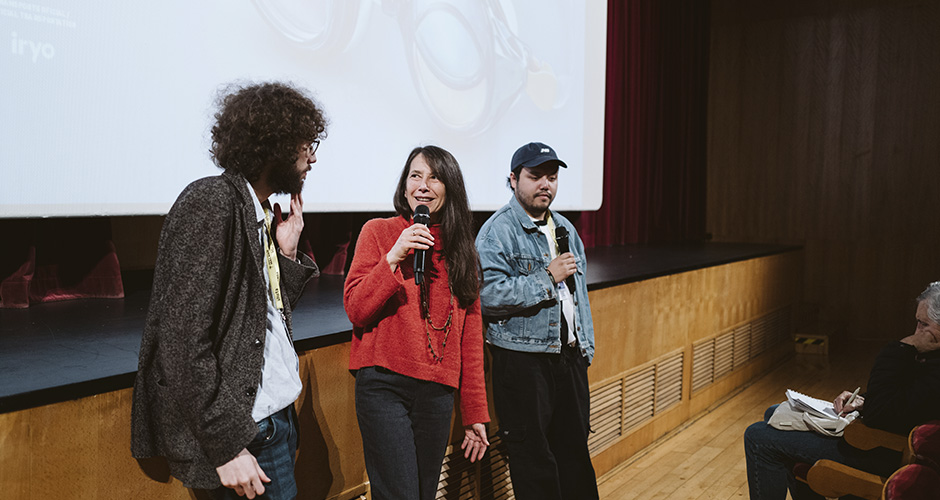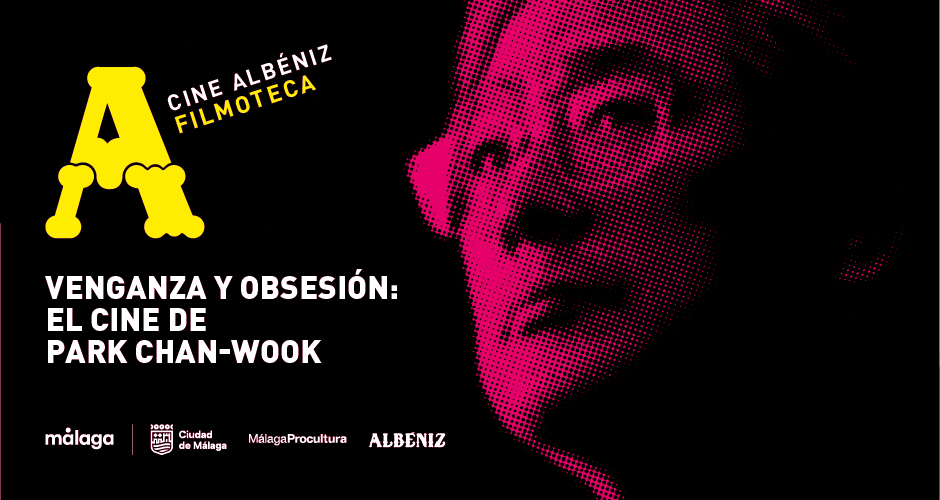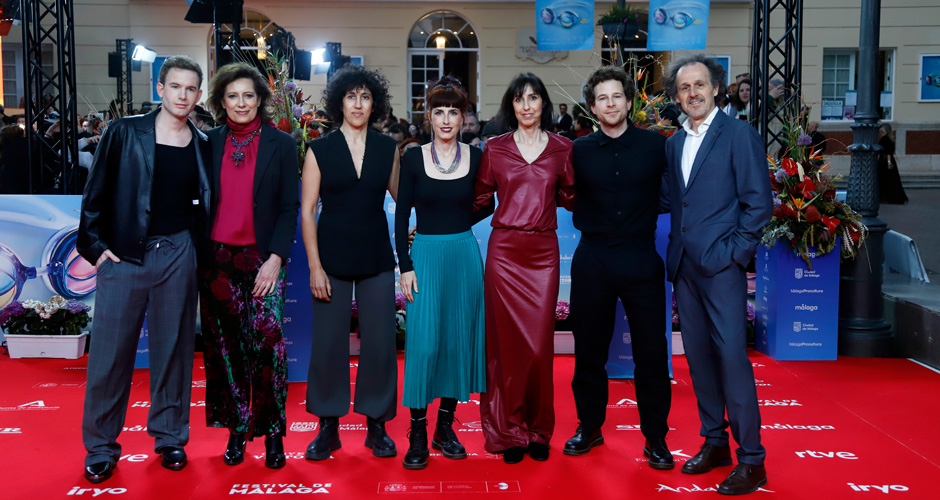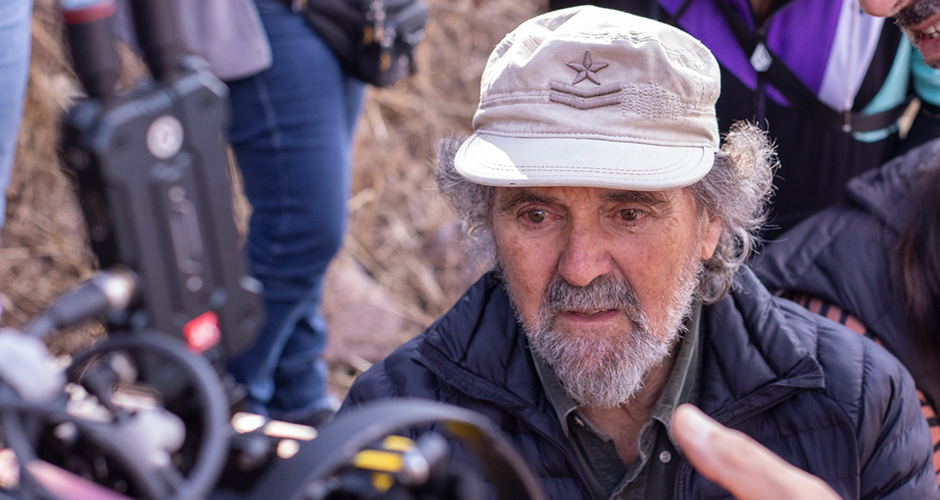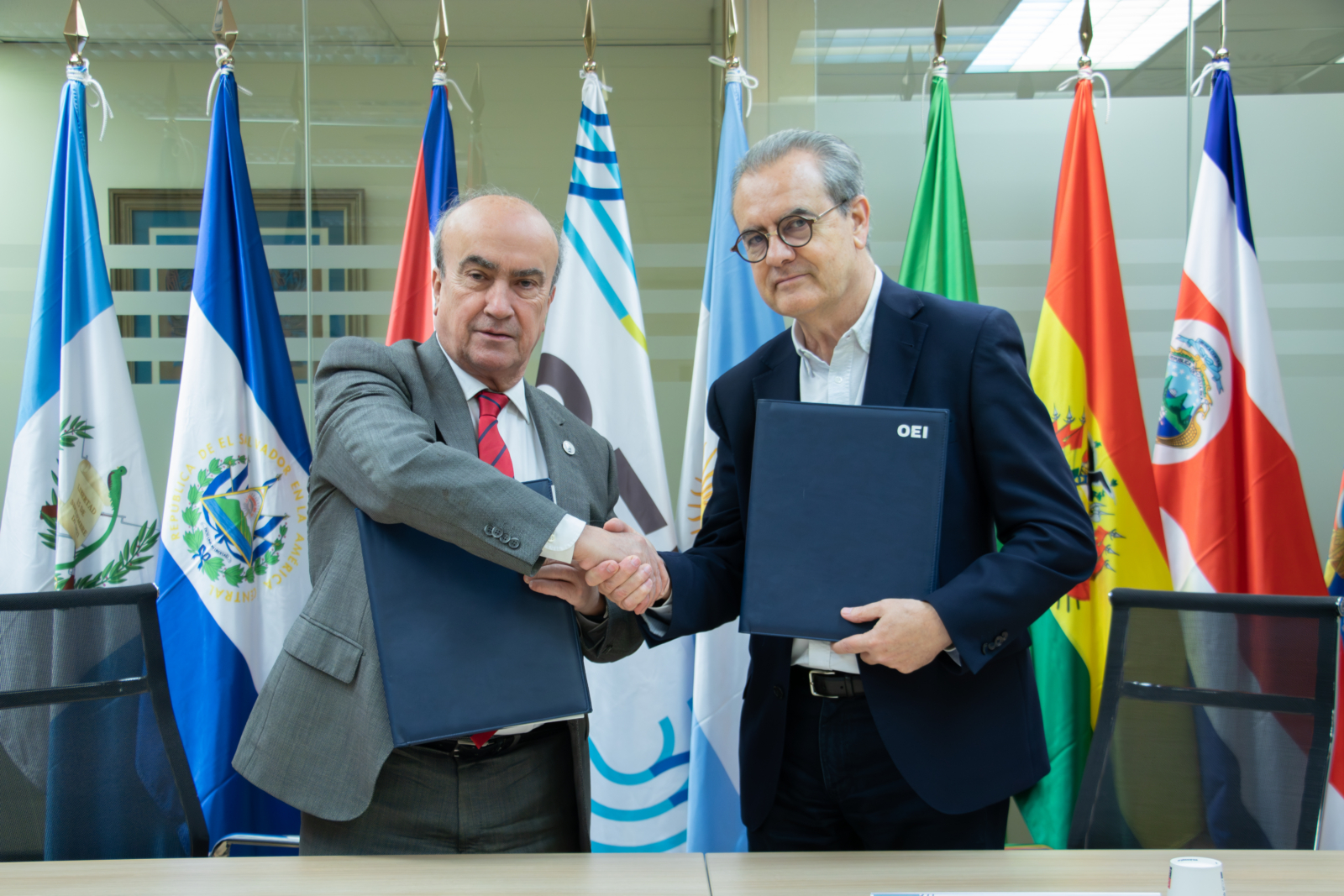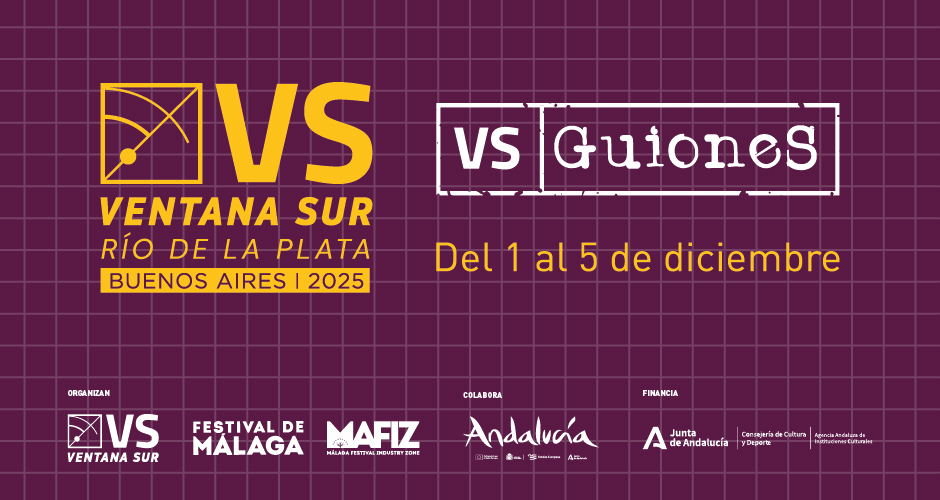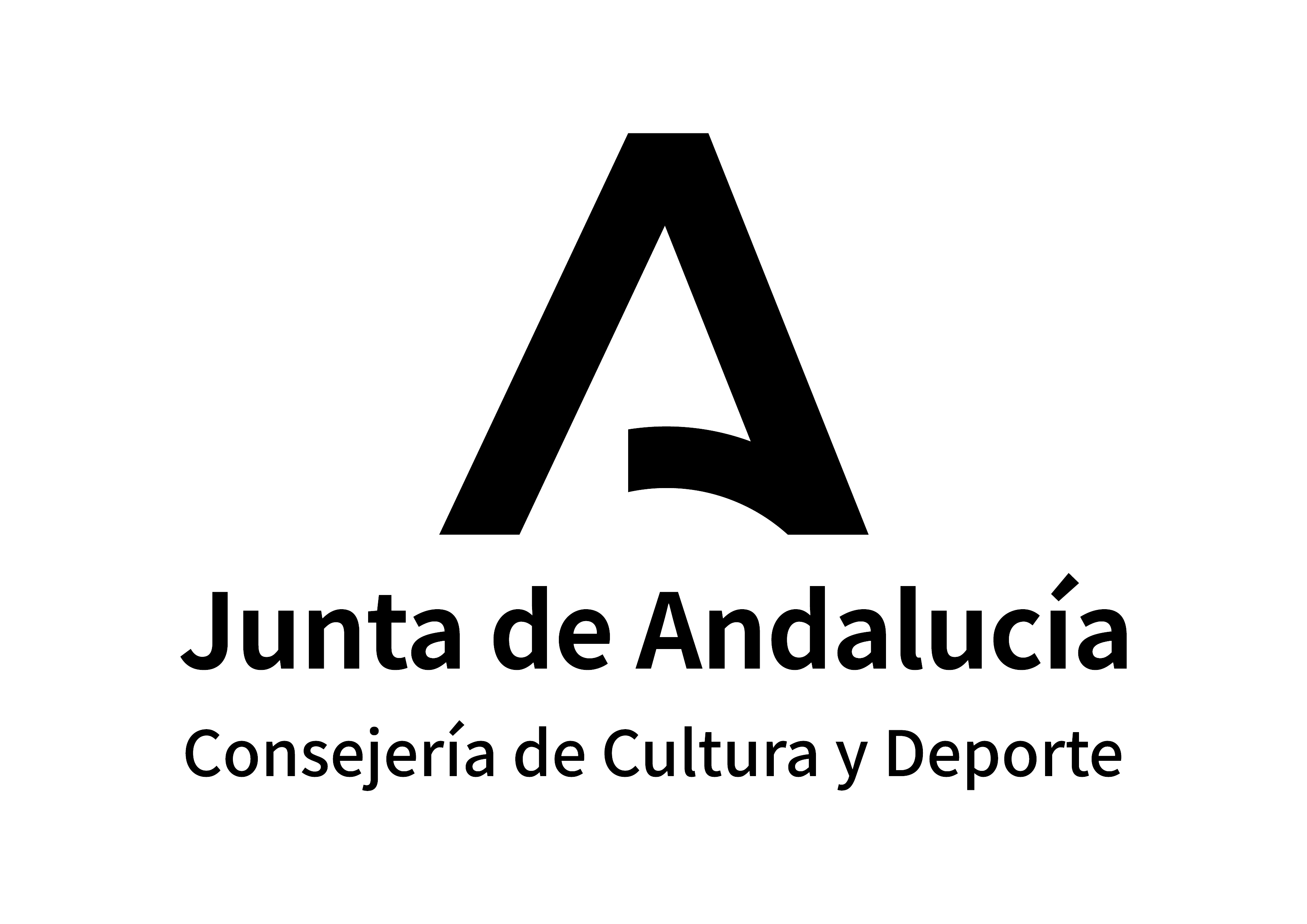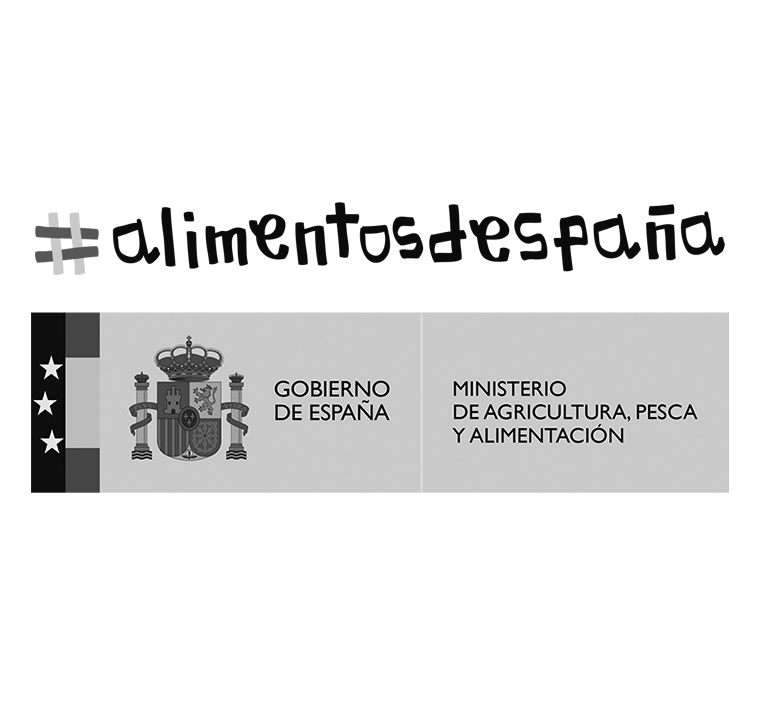The Documentary Official Competition of the 28th Festival de Málaga ends with the screening of six films
Themes such as exclusion, the environment and violence are the focus of an intense closing session at the María Victoria Atencia Cultural Centre
The María Victoria Cultural Centre once again hosted the presentation of the documentaries in competition on a day when war, climate crisis and immigration were the themes addressed.
‘A rosa nasce nas pedras': a portrait about immigration
Mexican director Sebastián Molina Ruiz presented an audiovisual essay on his journey —and that of many migrants— through the streets of Lisbon at the Maria Victoria Atencia Cultural Centre. The short film is about discrimination and what it is like to walk through spaces where you are not welcome.
Winner of the best short film award at FICG, this film tells the story of the filmmaker’s personal experience: "The documentary came about because of various situations that I, as a Latin American migrant, had suffered in Lisbon. I lived with fifteen other people in a flat and we found many points of connection in the situations we faced. This anger or annoyance was the genesis of the short film, like an echo of non-conformity that I had inside me and needed to share".
‘Sempre': the Carnation Revolution 50 years later
On 25 April 2024, filmmaker Luciana Fina inaugurated the exhibition 'Sempre, a palavra, o sonho e a poesia na rua', a new installation designed for the Cinemateca Portuguesa to celebrate the 50th anniversary of the Carnation Revolution.
Almost a year later, she presented his documentary 'Sempre' at the Festival de Málaga, revisiting images of the 1974 Carnation Revolution in Portugal. The documentary reconsiders the transition from fascism to freedom and the process of building a new country oriented towards emancipation and the future. In it, the Italian director pays homage to films that knew how to intervene in history and recovers the possibility of a truly transformative moment.
"The purpose of making this documentary was to have more reach and scope. The film will be able to reach more people than the exhibition, which I think is very important", explained the filmmaker.
‘La marcha del liquen’: ¿Qué haremos cuando el hielo desaparezca?
What does the greening of Antarctica mean in seemingly remote areas such as Mexico? This is the question that the documentary 'La marcha del liquen' attempts to answer. In it, Mexican director Tania Ximena tells the story of Antarctic glacial ice, its encounter with the sea and the advance of lichen and moss. The film also addresses how coastal depression, due to climate change, affects the Mexican coasts, leaving an indigenous community forced to remain only in memories.
A visual artist and filmmaker, Tania Ximena's work is the result of extensive field research. "Travelling to Antarctica was a whole process of management, accompanied by scientists. It’s a climate activism project to raise awareness of the danger of the disappearance of coastal areas in Mexico", she told the audience at the screening.
‘Ajuste de pérdidas’: fact or fiction
Haunted by corruption and catastrophes arising from his work as an insurance adjuster, Pedro seeks solace in the world of contemporary art, only to discover that it is also deceptive. This leads to an identity crisis as both worlds start to blur. This is a brief summary of what viewers could find in 'Ajuste de pérdidas', the new documentary by Mexican director Miguel Calderón, presented at the Festival de Málaga.
A key figure in Mexico's independent art scene in the 1990s, Miguel Calderón's work examines power dynamics in family relationships and social groups, creating satirical yet respectful portraits of marginalised figures within rigid class hierarchies.
Agustina Chiarino, producer of the documentary, who came to represent the film's team during its screening at the festival in Malaga, wanted to talk to the audience about the director's work method: "Miguel does this kind of irony in the visual arts, making fun of cinema, playing with reality and fiction. His strength is finding characters out of the ordinary," she said.
‘Saarvocado': a unique take on the war
In eight minutes, Mexican director Víctor Orozco Ramírez who is based in Germany, takes us on a journey to Saarland, a seemingly bucolic area of Germany, but full of remnants of the World War II. A place surrounded by forests, beautiful and exotic, which gains another connotation in this short film: a kind of essay on war and nature.
‘Vino la noche’: a plea against violence
Paolo Tizón, a young filmmaker who lives between Spain and Peru, makes this feature-length documentary about a group of young men who enlist in rigorous military training in the Peruvian Air Force. Accompanying these young adventurers to soldiers, 'Vino la noche' shows the tough routine of those who aspire to be "men of war" and long for the moment of real combat. Amidst the harshness of the hermetic military world, compassion and mutual care blossom between them.
"My father was in the Peruvian armed forces and at home, when I was a child, I was always protected from this violence. So I grew up with this idea of mystery, of wanting to see with my own eyes how my father, a loving and sweet man, could commit these acts of violence. When I started filming this documentary, I saw my father in these young soldiers,” explained Paolo Tizón at the colloquium after the screening.
Share








